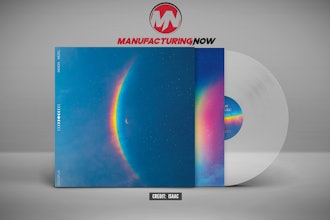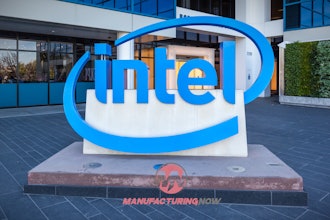Late last month, U.S. Customs and Border Protection took to Twitter to promote the agency’s interception of a shipment of 2,000 counterfeit Apple AirPods at Kennedy International Airport.
The shipment arrived from Hong Kong on its way to Nevada. CBP said the merchandise would have been worth $398,000 if it was genuine. Turns out they were wrong on both counts: the actual value is about $160,000, and the headsets were not Apple knockoffs, but legitimate products from a company called OnePlus Buds.
As you might expect, the agency took it on the social-media chin, with OnePlus’ Twitter account even stating, “Hey, give those back!”
It seems the story could have ended there ... but not this time.
According to a statement Customs provided to Wired, “a CBP Import Specialist determined that the subject earbuds appeared to violate Apple’s configuration trademark. CBP’s seizure of the earbuds in question is unrelated to the images or language on the box. A company does not have to put an ‘Apple’ wordmark or design on their products to violate these trademarks.”
So, basically, Customs felt that even though the OnePlus earbuds do not claim to be Apple products, they look too way too similar to be legit.
The seizure, and CBP’s steadfast stance, comes with some interesting background. First, it probably shouldn’t be surprising that an agency within the federal government was a little tougher on a Chinese electronics company given the recent dialogue surrounding tariffs, TikTok and Huawei.
Next, Apple counterfeits are so common that the company participates in the CBP’s Donations Acceptance Program, which means Apple is able to contribute digital microscopes, lighting cable detectors and iPhone power cords to help validate products. Others, such as Otter and Cisco, also participate in the program.
For now, the earbuds will be retained by Customs for up to 30 days. Then OnePlus has the same amount of time to file a denial of infringing upon Apple’s trademark. Then, it’s up to the courts.






















